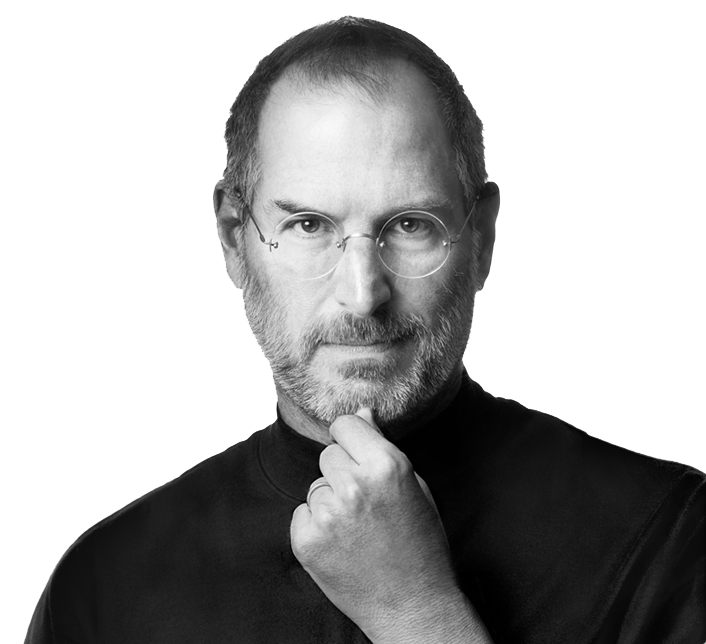This past Thursday I woke up to the soothing sounds of Phil Collins’ “No Jacket Required,” which echoed from my iTouch radio attachment.
As my morning espresso brewed, I played a quick game of solitaire on my iPad, which I had also used to take video for a slideshow the night before. And now I sit in front of an iMac, putting down thoughts on the man that made all of this possible.
“Steve’s brilliance, passion and energy were the source of countless innovations that enrich and improve all of our lives. The world is immeasurably better because of Steve,” says Apple, on the death of Steve Jobs on Oct. 5.
Since the beginning, Jobs was anti-establishment, doing his best to make an affordable computer to compete with computer giant IBM. With his sidekick Steve Wozniack at his side, Jobs put out the first affordable personal computer; the Apple II, which was in reach for middle-class people, and one of the first seen in public schools.
I’m willing to bet the first computer you ever touched in school was a Macintosh. I can still remember getting my arithmetic done quickly so I would be allowed to clock in more hours on Treasure Mathstorm.
Even if you don’t own a Mac computer, you have much to thank Jobs for. Macintosh computers were the first to have mice, a fixture on all computers.
Would you rather listen to your no doubt extensive music collection on a stereo, where you have to switch through CDs constantly, or would you like to breeze through countless artists and genres in a second on your iPod? Unless you’re a snobby audiophile, I’m pretty sure you’re going for the latter.
On his way to the top of the computer empire, Jobs made some morally questionable choices. Working his employees to death, stealing ideas from smaller computer companies, and then there’s Bill.
The rivalry between Bill Gates and Steve Jobs rivaled that of Edison and Tesla. Still, like Edison, Jobs has contributed generously to technology and the world is better for it.








